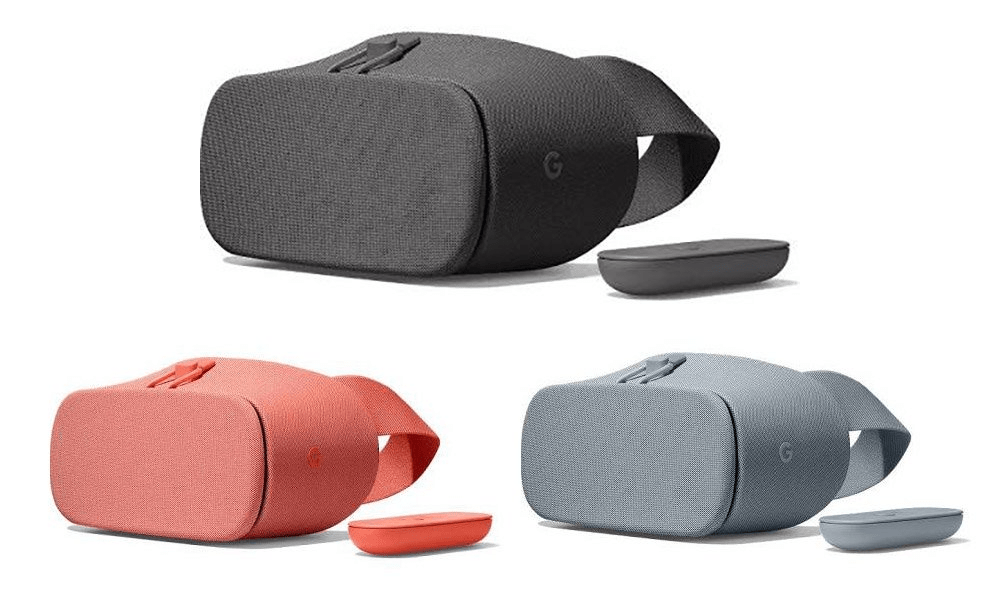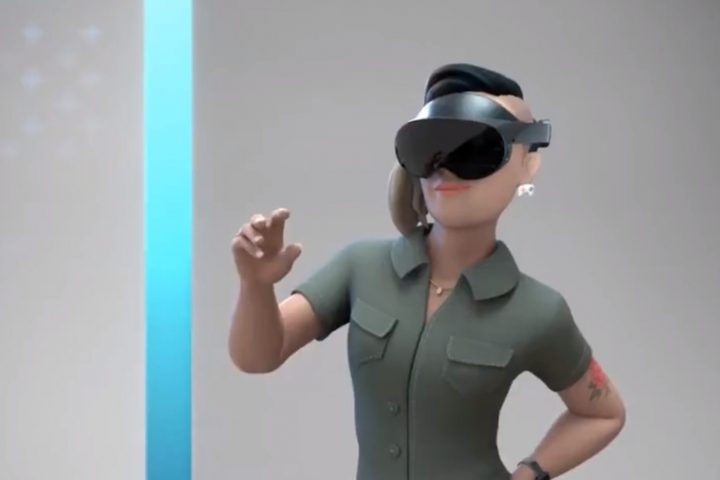You could perceive it to be a bad week for VR.
Firstly, Google confirmed that its new Pixel smartphone won’t be supporting its Daydream VR platform. In fact, it’s outright stopped selling the Daydream View, essentially acknowledging its demise. Shortly thereafter, the BBC announced the closure of its VR Hubs, confirming it will no longer commission and produce experiences under that label.
One might ascribe this to a wider trend of big corporations beginning to throw in the towel on VR after years of trying to make it mainstream. The truth, however, is a little different.
Reformed, Not Abandoned
Yes, Google and BBC’s VR ambitions have taken a blow, but neither is done with VR; they’re just becoming more realistic about it. Google, for starters, still powers several of the best PC VR experiences like Tilt Brush and Google Earth but, more importantly, it also owns and publishes VR-exclusive games from one the industry’s best developers; Owlchemy Labs. The team’s Vacation Simulator is one of the most popular releases of the year and is due out on Oculus Quest soon.
In fact, Google never even published an Owlchemy game on Daydream in the two and a half years since it acquired the studio. If it were putting all of its virtual eggs in a single basket, you’d think it would be there. As fond as I was of its excellent exclusive content, Daydream’s demise had been written on the wall, frankly, for years.
The BBC, meanwhile, seems to be transitioning from the idea of VR as an experimental new platform into another viable tool in its arsenal of multimedia creations. The VR Hub did amazing work, but how much longer would the BBC really continue to launch free content? Its next VR release, for example, won’t be another short-form free 360 movie for Google Daydream but instead a premium, multi-hour Doctor Who VR game coming to major VR headsets. Next year it will do the same for its Peaky Blinders franchise. I expect we’ll see less VR from the BBC from now on, but also a greater sense of the platform being used as a means of monetization and brand enhancement.
VR’s Maturity Is At Hand
These shouldn’t be taken as the disheartening blows compared to when, say, CCP exited the VR market, then. If you ask me, if there’s something that died this week (or, rather, continued to crawl towards its inevitable end), it’s VR’s infancy.
The industry has operated on a strange plane of existence these past few years. Intent on making VR happen, certain companies have strived to make headsets almost disproportionately good value for consumers. The goal was to offset VR’s troublesome friction; while the original Oculus Rift plummeted in price, Facebook poured on the freebies including of all things, a free, high-quality shooter from the makers of Gears of War and Fortnite. In the gaming industry, deals like that are pretty much unheard of.
Google, meanwhile, didn’t charge for Google Earth, which to this day remains one of the best reasons to dig out a headset. Tellingly, these are all companies that could afford to do this while, in the face of slumping smartphone sales, HTC released the $799 Vive Pro and $699 Vive Cosmos.
Those days, however, might be coming to an end.
That means less of the goodwill initiatives in which cash-heavy corporations offer no strings attached funding to apps that will ultimately release for free. It means the shedding of unnecessary weight in this considerably lighter post-Quest world. I think, personally, it means that VR is starting to grow up.
This is a painful transition. It arguably began with Facebook’s introduction of a strict curation policy for Oculus Quest (or, going further back, when Oculus Story Studio closed). Unlike Rift and Go, the standalone headset isn’t an open door for anyone to walk through; developers have to prove their game has the quality and even marketability to make it on Quest. Quest isn’t fair game; you can’t just freely release content on it. It’s survival for the fittest. The frustration this has forced on many studios is insurmountable, but those that have passed the bar are reportedly seeing success unlike any other they’ve enjoyed in the past three years.
Uncertainties remain, however. How does the long-running VR festival circuit, which showcases amazing movies and non-gaming experiences, monetize itself on Steam and the Oculus Stores? Who will finally emerge with another Quest-level headset to inject the standalone market with some much-needed competition? This stage of maturity doesn’t necessarily mean VR is ready for the big leagues, but there’s a certain sense that the industry is getting ready for them. Solid ground is not something we’re used to standing on.
I will mourn Daydream, I will mourn the BBC’s VR Hub. I’m sure, in time, I’ll mourn the days we had an embarrassment of riches thrown our way without being asked to pay anything. But this week’s headlines suggest VR is getting serious, not slowing.
The post The Death Of Daydream Isn’t The Death Of The Dream, VR’s Just Growing Up appeared first on UploadVR.
Source: The Death Of Daydream Isn’t The Death Of The Dream, VR’s Just Growing Up




